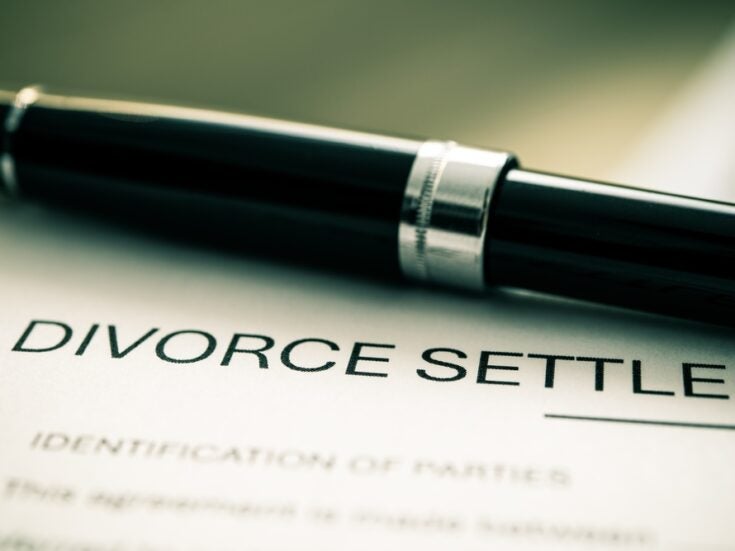
It wasn’t surprising that there was a huge amount of press coverage when archaeologists at Leicester University uncovered Richard III’s body. It was unusual for the whereabouts of the remains of a king of England to be unknown, still more so for them to be discovered under a not so regal car park in Leicester.
It was a great coup for Leicester University and the city that the government had given the university the rights to exhume Richard III’s body and for it be reinterred in Leicester. But no sooner had the body been exhumed and identified than there was disquiet among warring factions about what should happen to it.
The High Court recently granted the Plantagenet Alliance permission for a judicial review of the government’s decision to allow Richard III’s body to be buried in Leicester. The judge hearing the case said it was ‘unseemly, undignified and unedifying to have a legal tussle over these royal remains’.

I would extend those sentiments to anyone’s remains, not just Royal ones: there are too many families and friends who have gone through the distressing and divisive experience of arguing over what to do with their loved one’s remains.
Where there’s a will
While many people include funeral wishes in their wills, you may be surprised to learn that when you die, your executors are not actually bound by any wishes expressed in your will (or elsewhere for that matter) with regard to what should happen to your body.
Indeed, it is a well established rule of English law that there is no property in a body. This means the beneficiaries of your estate cannot claim any rights over your body. Your executors have a right to possession (but not ownership) of your body and a duty to dispose of it but they can choose how they to do so.
Having said this, if there is a dispute, the courts are unlikely to give your executors carte blanche on how to deal with your body. They will consider your wishes, the reasonable wishes of your family and friends and other relevant factors such as the place with which you were most closely connected.
The judge hearing the case about Richard III urged the parties of that dispute not to embark on the Wars of the Roses Part 2. I would also urge you help your loved ones avoid starting their own war after your death.
It is useful to document your wishes in your will but it is equally important to discuss the matter with your nearest and dearest (as much as you may not want to face your own mortality) so that there is no doubt about what you wanted nor scope for any disagreement.
Hilesh Chavda is an associate at private wealth City law firm Maurice Turnor Gardner LLP
Read more from Wealth Wednesday






